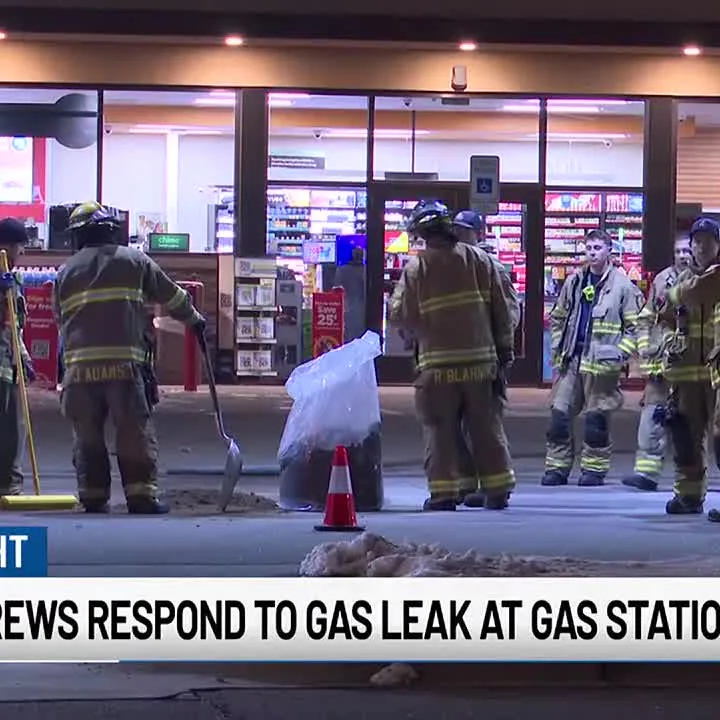As norovirus cases rise across the country, health officials are warning the public to take precautions to avoid the highly contagious stomach virus. The outbreak comes in the wake of increased cases reported by the Minnesota Department of Health, which noted a significant uptick in norovirus infections this December. The department reported that there have been 20 confirmed outbreaks in long-term care facilities and restaurants, significantly impacting vulnerable populations. Dr. Ruth Lynfield, Minnesota’s state epidemiologist, stated, “Norovirus spreads easily and can be especially serious for those in crowded conditions, such as nursing homes and daycare centers.”
According to the Centers for Disease Control and Prevention (CDC), norovirus is often referred to as the ‘stomach flu’, although it is not related to the influenza virus. Symptoms typically include severe vomiting, diarrhea, and stomach cramps, and can last 1-3 days.
The rise in cases has prompted health experts like Dr. William Schaffner from Vanderbilt University Medical Center to provide guidelines to minimize transmissions. He emphasized the importance of hand hygiene, stating, “Washing hands thoroughly with soap and water is crucial, especially after using the bathroom and before eating. Alcohol-based hand sanitizers are not as effective against norovirus.” Also, it is advised to avoid preparing food for others while showing symptoms of the virus.
Experts recommend staying home when ill, disinfecting frequently-touched surfaces, and washing linens thoroughly. Educational efforts have ramped up, with healthcare providers reminding the public about the virus’s contagious nature. In Minnesota alone, health officials encourage residents to remain vigilant as the holiday season could exacerbate transmission rates due to gatherings.
Overall, the CDC reports that increasing numbers of norovirus outbreaks typically occur in late fall and through winter, aligning with the current surge in Minnesota and other states. The health officials continue to monitor the situation closely and urge everyone to be cautious as the virus spreads rapidly in communal settings.














